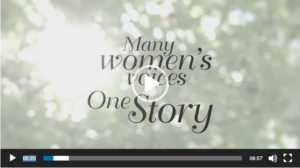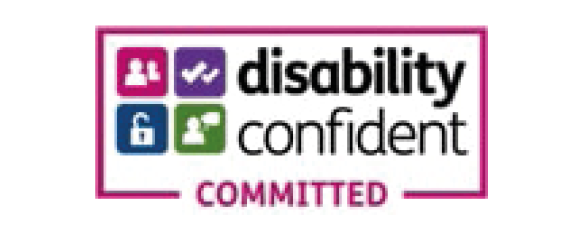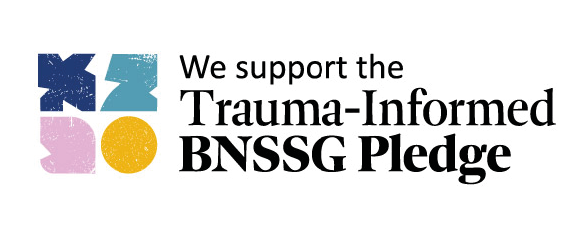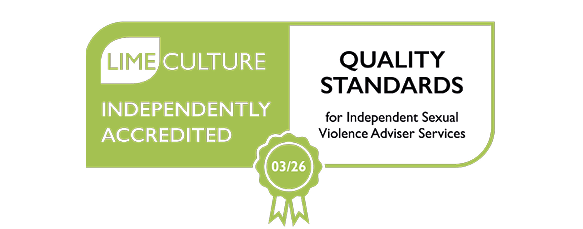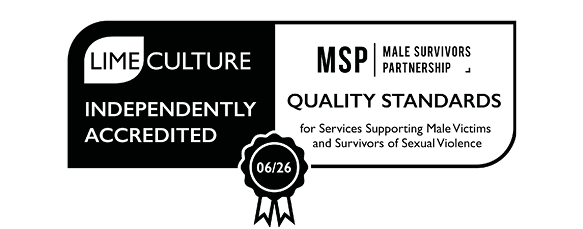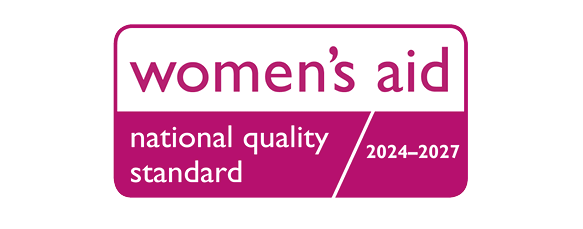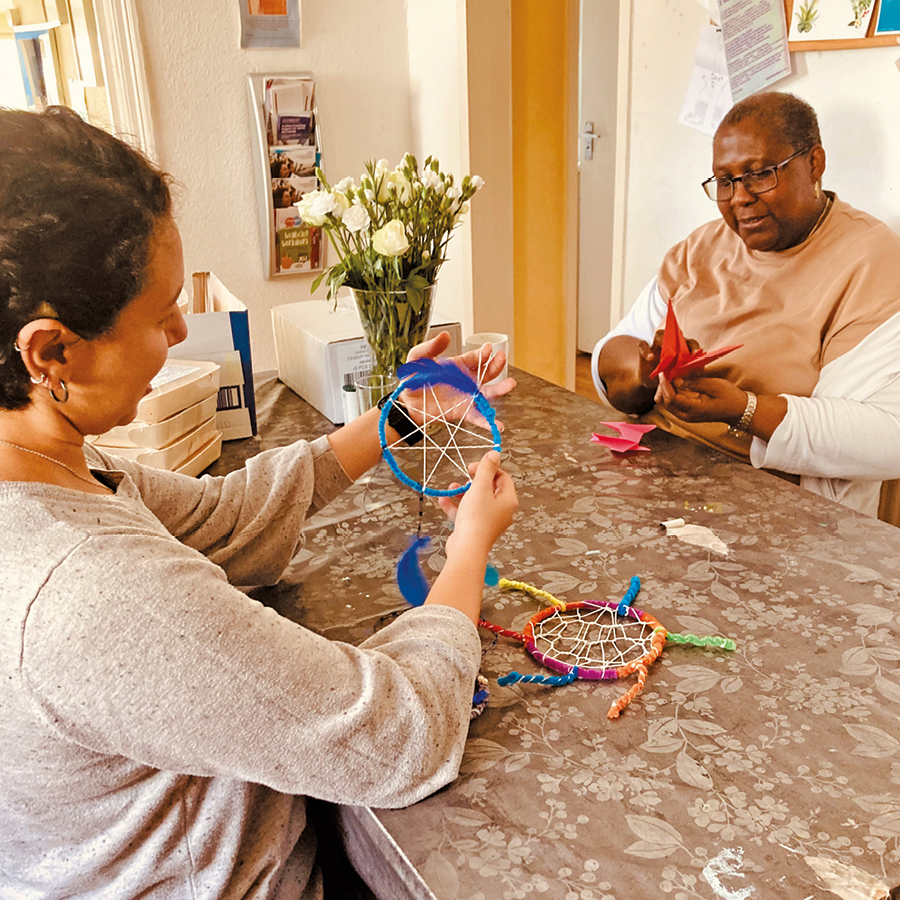
How can you help me?
We provide a safe environment in the community where you can be supported through your crisis and helped to build resilience for the future. Support is not based on a medical model but on talking and activities.
During your stay we will help you address the immediate crisis but also focus on ongoing recovery, building support networks and maintaining good mental health on returning home.
How can I use the service?
You can ask your care coordinator or crisis worker to refer you. Initial enquiries are discussed over the phone to check whether the service is what you need, an assessment may then be set up to check your needs and agree how we can support you during your stay. A room may not always be available and you may be added to the waiting list.
What about my current workers?
You can continue to see them while you are with us and your stay will be part of your care plan. We can support you to continue to take your prescribed medication.
Can I have visitors?
You can meet with visitors near the house by making an arrangement with the staff of Link House.
Visiting hours – up to 1 hour between 10:00 – 13:00 and up to 1 hour between 4:00 – 7:00pm
What is the house like?
It is a spacious house in the community and has a large sitting room, shared kitchen, laundry, dining room and garden.
Disability access is available. It is a shared living space and there are some house rules, we can give you more information about when we meet.
No alcohol is allowed on the premises.
Link House will offer help with a range of support including
- An individual support plan that is recovery focused
- Practical and emotional support with your mental health
- Daily activities and group sessions
- Support with benefits and housing
- Support with daily living skills: self care, managing money, cooking, domestic skills, organising time
- Maintaining good mental health
- Help with things to do in the day
- Learning new skills
- Help with finding Voluntary work
- Access to Training Courses
- Support with relationships
- Support with employment
- Support with parenting
Some quotes from a recent service user who nominated Link House for an AWP Award:
“I can’t describe how positive my experience of Link House was. I had spent five months in and out of acute wards and the two weeks at Link House were two of the most empowering, compassionate and excellent examples of patient led care I’ve ever experienced.”
“I have no doubt that their respectful and empowering approach broke the cycle of admission and stopped me having to go back to hospital again. They empowered me to move on with my recovery and my life. All of the staff treated me with a level of respect and compassion I’ve never before received during a crisis”


